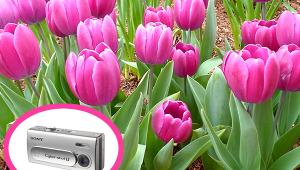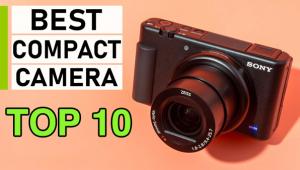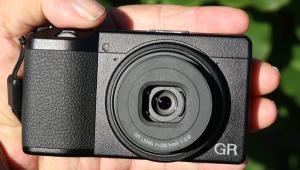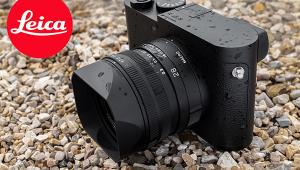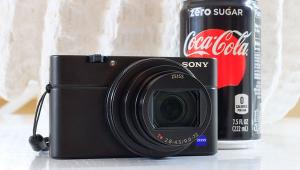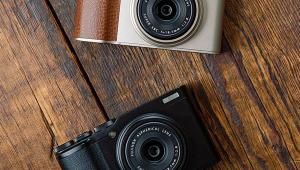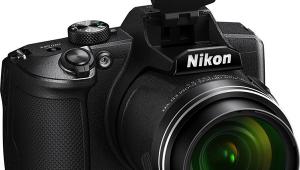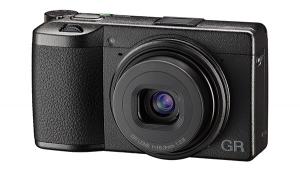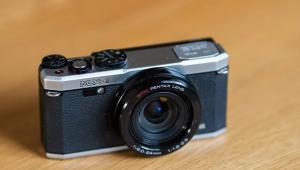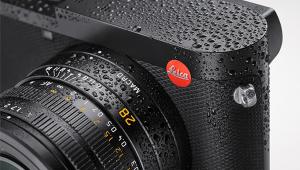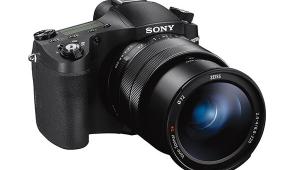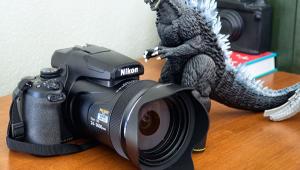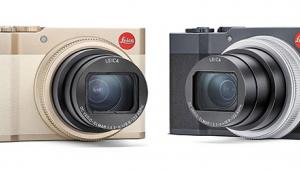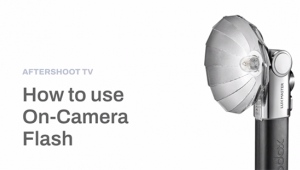Samsung Galaxy Camera Review
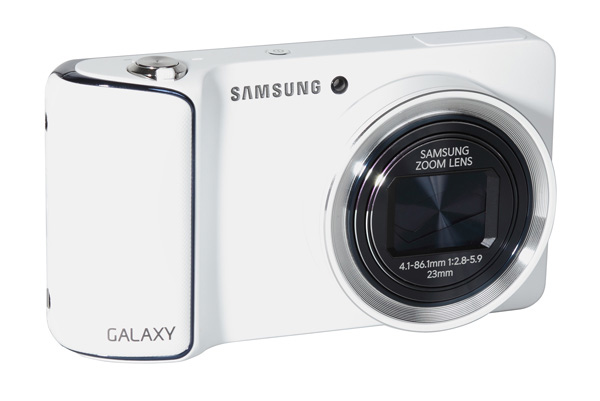
The Samsung Galaxy is a new type of camera that’s more like a tablet computer with an integrated camera system. However, rather than using a small low resolution camera module (like smart phones and tablet computers) it offers a “real” camera module with an ultra zoom lens. This lens system offers a 21x zoom lens with a focal length of 23 to 483mm (35mm film equivalent).

The camera uses SIM cards, just like a smart phone for mobile Internet connection, but can’t be used as a telephone (note: you can use Skype or similar VOIP technologies available for Android based phones or tablets). In addition it has a WLAN interface and can be used in a local area network as well. The OS is Android 4.1.1 (“Jelly Bean”) and it’s able to work with all appropriate Android applications, including word processors, Internet browers, imaging software, video editing software and so on.

A lot of the applications are already installed, the most important being the “Camera” app because nearly all camera functions are controlled by the software and the touch screen. The camera has only three function elements on the top: a power on/off switch, a mechanical shutter release button and a zoom switch. To choose exposure parameters the photographer has to use virtual function elements like a large exposure mode wheel or dial and virtual lens rings and setup dials on the screen.

The camera offers all standard exposure modes (P, S, A and M), 15 scene modes and some effect modes which will help create tinted images (sepia) or other effects such as a “comic book” look or a black and white image. Instead of using the built-in effects you can also choose Android software such as Instagram or Snapseed. The camera can record Full HD videos with 1920 x 1080 pixels and there’s additional Android software that allows you to edit the clips.

Comments on Image Quality
Color: The color results of the Samsung Galaxy Camera are good. The automatic white balance system causes a slight bluish and cooler touch, but skin tones are quite good. Some blue nuances are extremely boosted and shifted into the magenta area. These blue colors and the boosted red nuances are the reason for the high result for the average color saturation (111.6 percent.) Most other colors are on a lower saturation level and near their given values in the test chart.
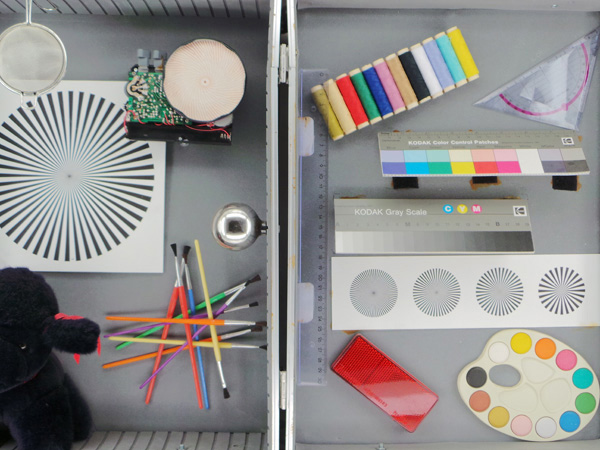
Sharpness:
The performance of the Samsung camera in the resolution tests is disappointing. It created very soft images and blurred image corners, as we noted in our standard test box shot. The resolution result in the image center is on the same level as in images of entry level cameras (2741 of 3456 lines in picture height) and only accomplished with the help of an intense sharpness filtering. This clashes with the anti-noise filtering, especially in images taken with ISO 200 and higher. The combination of both filters creates an artifical, graphic look in our test images. We noticed this both in the portrait test shot (structure of the hair, structure of the red fabric, skin rendering etc.) and in the standard test box shot.

Noise: The camera showed an average performance in the noise tests. The anti-noise filtering is quite extreme. That’s the reason why the luminance noise factor declines rather than rises with increased ISO speeds. The anti-noise filtering is one reason for the low resolution results. The extreme anti-noise filtering effects are already noticeable in images taken at ISO 100 and ISO 200. In images taken with ISO 400 we noticed a combination of anti-noise filtering effects with an intense sharpness filtering caused double contours on contrast lines.
Dynamic range is on a very good level in ISO 100 setting (10.1 f-stops) but decreases very quickly with higher ISO speed settings (ISO 200, 7.12 f-stops; ISO 400, 6.78 f-stops).
Pro:
+ Camera based on Android system
+ WLAN, Internet functions (e-mail, browser etc.)
+ All android imaging softwares can be used directly
+ Very large LCD screen with 1280 x 720 pixels
Con:
- Blurred images with low resolution
- Very intense anti-noise filtering reduces resolution
- Missing optical/electronic viewfinder
Contact: www.samsung.com/us
Price: $499.
- Log in or register to post comments

